#MyStory
Journey Towards Empowerment
Written by: Farah Alishaqi and Tiba Alishaqi
Mustafa is a person with disabilities and a refugee from Iraq who works hard to help people like him. His experiences are unique and exemplify dedication.
Mustafa Rfat is a pHD student at Washington University in St. Louis. His research mainly focuses on refugees with disabilities, like himself, through the lens of research and how we can find better ways to support people with disabilities. He wants to allow refugees to have the resources they need to feel more comfortable in their communities. He also volunteers at different organizations to support and empower his community. Mustafa has applied for and worked for different fellowships. He worked in the Center for Excellence in Disabilities and even in a psychiatric unit during one of his internships.
He is from Iraq and is ethnically Turkmen. His family, which follows Islam, emphasized giving back to the community throughout his childhood. His neighborhood in Iraq consisted mainly of Turkmen (ethnically Turkish), but there were Arabs and Kurds. These groups of people all have differences in their culture, but share similar struggles.
In Iraq, disabilities were viewed from different angles. Many people did not challenge the rights of people with disabilities. Mustafa felt silenced since not much was done to accommodate him. In America, it was different. Communities for disabled people were helpful for Mustafa to feel more empowered.
Mustafa finished high school and his bachelor's in Iraq, during the war. During this time, many schools were constantly bombed. The quality of education was the worst it had ever been. Before he left Iraq, it was a difficult decision for him to make. It was the first time he saw his father cry. However, with his parents' support, they eased his stress and worry about starting a new life in America.
When he came to the USA, Mustafa faced many challenges, like learning a different language and trying to assimilate into American culture. As a person with disabilities, Mustafa found it difficult to advance without the resources others had. Since Mustafa was a refugee and a person with disabilities, he felt very alone and disadvantaged. Occasionally, Mustafa came across resources like rehabilitation and ensured to spread the word within the community of refugees to increase the awareness of these resources, like scholarships. Mustafa believes that sharing such concepts by word of mouth is a powerful tool to assist others. Unfortunately, refugee services are unprepared to help people with disabilities, so it made Mustafa’s adjustment process even more difficult. Mustafa believes that the lack of accommodations for disabled people set him back. People's ignorance also contributed to his stress.
Being a person with disabilities, Mustafa was the target of bullying. People would make jokes and humiliate him. Such instances were present in both Iraq and the United States. However, in the US, Mustafa felt that bullying was worse since there was the element of religion. There are many stereotypes towards Muslims, so Mustafa felt very targeted and uncomfortable. On top of this, Mustafa did not speak English and is a person with disabilities. All of these factors impacted Mustafa’s ability to adjust his lifestyle.
Mustafa believes that his friends are his biggest supporters, both in Iraq and the USA. They know his abilities and strengths and do not judge him for expressing his thoughts and ideas. Bullies often do not know the true person Mustafa is and only know him by the common stereotype.
Mustafa Rfat’s continuous journey exemplifies dedication and resilience. He aims to foster a better community for all, especially for the disabled who lack a source of representation. His work and studies focus on his passion and goal for the world to become a more accepting place for all of humankind.
